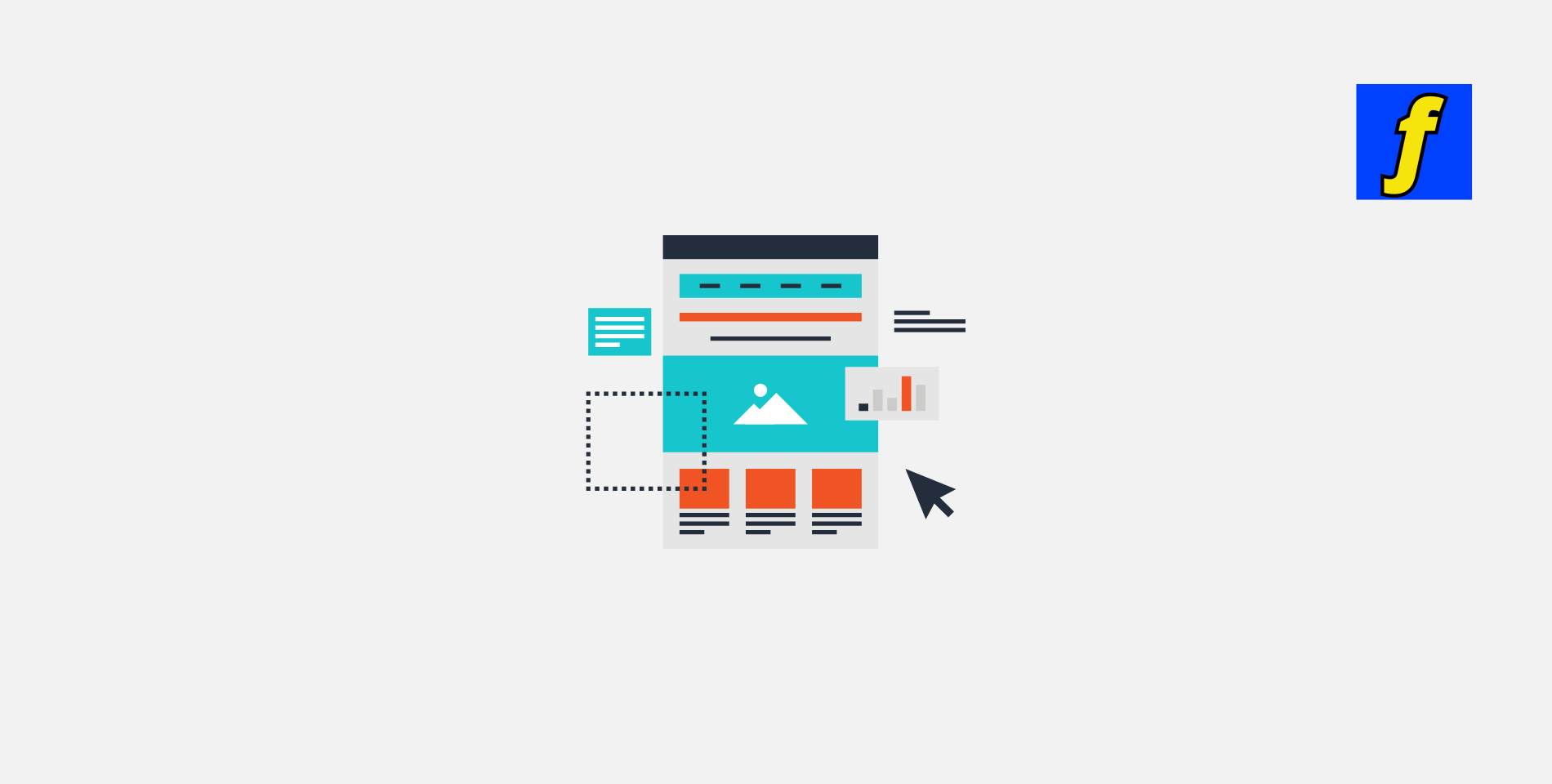In today’s digital landscape, landing pages are essential for driving conversions and achieving your business goals. Whether you’re running a marketing campaign, promoting a product, or collecting leads, a well-designed landing page can make all the difference.
In this comprehensive guide, we’ll dive into the fundamentals of landing page design, explore its best practices, and show you how to create pages that turn visitors into customers.
What is Landing Page Design?
Landing page design refers to the process of creating a standalone web page that is specifically crafted to achieve a single objective—such as generating leads, promoting a product, or encouraging a specific user action. Unlike a homepage or a blog post, a landing page has a focused purpose and eliminates distractions by minimizing navigation and external links.
Why Is Landing Page Design Important?
A thoughtfully designed landing page can significantly boost your conversion rates and maximize the effectiveness of your marketing campaigns.
Here’s why it matters:
- Focus on a Single Goal: Landing pages guide visitors toward one clear call-to-action (CTA).
- Improved User Experience: They simplify the user journey by offering relevant information tailored to the visitor’s needs.
- Higher Conversion Rates: By reducing distractions, landing pages encourage visitors to take specific actions, such as signing up or making a purchase.
- Measurable Results: Landing pages allow you to track key performance metrics like click-through rates, form submissions, and sales.
Essential Elements of Landing Page Design
1. Headline
The headline is the first thing visitors see. It should be attention-grabbing and clearly communicate the value of your offer.
2. Subheadline
The subheadline complements the main headline by providing additional context or emphasizing the benefit of your product or service.
3. Visuals
Use high-quality images, videos, or graphics to make your landing page visually appealing. Visuals help convey your message and engage visitors.
4. Call-to-Action (CTA)
The CTA button is the heart of your landing page. It should stand out, use action-oriented language, and guide users to take the desired step.
5. Benefits and Features
Highlight the key benefits and features of your offer to build trust and demonstrate value.
6. Lead Capture Form
For lead generation, include a simple and easy-to-use form to collect user information, such as name and email.
7. Social Proof
Add testimonials, reviews, or case studies to build credibility and reinforce trust.
Best Practices for Landing Page Design
1. Keep It Simple
Avoid clutter and focus on a clean, streamlined design. Every element on the page should serve a specific purpose related to your goal.
2. Use Contrasting Colors for CTAs
Make your CTA button stand out by using contrasting colors. This helps draw attention and encourages users to click.
3. Optimize for Mobile
With more users accessing websites on their phones, your landing page must be responsive and look great on all devices.
4. A/B Test Your Pages
Test different versions of your landing page to see which design, headline, or CTA performs better.
5. Load Time Matters
Ensure your landing page loads quickly to reduce bounce rates and improve user experience.
Types of Landing Pages
1. Lead Generation Landing Pages
These pages are designed to collect user information, such as email addresses, in exchange for something valuable like an eBook or webinar access.
2. Click-Through Landing Pages
Used in e-commerce, click-through landing pages provide product details and guide users to the checkout page.
3. Event Registration Pages
These are designed to promote events and encourage visitors to register.
4. Sales Landing Pages
Sales pages are aimed at converting visitors into customers by offering detailed product descriptions, pricing, and compelling CTAs.
Common Mistakes in Landing Page Design
Even the best intentions can lead to poor results if certain pitfalls are not avoided:
- Too Many Distractions: Avoid including unnecessary links or navigation bars that can divert attention.
- Weak Headline: A vague or unengaging headline won’t capture the visitor’s interest.
- Long Forms: Keep your lead capture forms short and straightforward.
- Lack of Social Proof: Without testimonials or reviews, visitors may doubt your credibility.
- Ignoring Mobile Optimization: A poorly optimized mobile experience can drive visitors away.
How to Create a High-Converting Landing Page
Step 1: Define Your Goal
Clearly define what you want to achieve with your landing page—whether it’s collecting leads, driving sales, or promoting an event.
Step 2: Research Your Audience
Understand your target audience’s needs, preferences, and pain points to tailor your landing page accordingly.
Step 3: Craft a Compelling Offer
Create an irresistible offer that provides value to your audience, such as discounts, free trials, or exclusive content.
Step 4: Design with Purpose
Use a clean layout, engaging visuals, and clear CTAs to guide users toward your goal.
Step 5: Test and Optimize
Use tools like Google Analytics to monitor performance and make data-driven improvements.
Examples of Great Landing Page Designs
Dropbox
Simple and focused, Dropbox’s landing page uses a clean design and a clear CTA to encourage sign-ups.
Airbnb
Airbnb’s landing page leverages compelling visuals and social proof to attract users and build trust.
Shopify
Shopify uses a bold headline, interactive elements, and a free trial CTA to convert visitors into users.
Tools for Creating Landing Pages
There are several tools available to help you design and publish effective landing pages:
- Figma: Ideal for wireframing and prototyping landing pages.
- WordPress with WPBakery: Perfect for building custom landing pages quickly.
- SiteMake: Great for creating user-friendly templates and designs with in intuitive Web Page Builder.
Conclusion
Landing page design is an art and science that requires careful planning, creativity, and data-driven optimization.
By focusing on the key elements and best practices outlined in this guide, you can create high-converting landing pages that drive results.
Ready to elevate your landing page design? Gain access to our exclusive SaaS Landing Page Template and other premium designs in our comprehensive template marketplace.
Subscribe Now for Unlimited Access and start building high-converting pages today!




